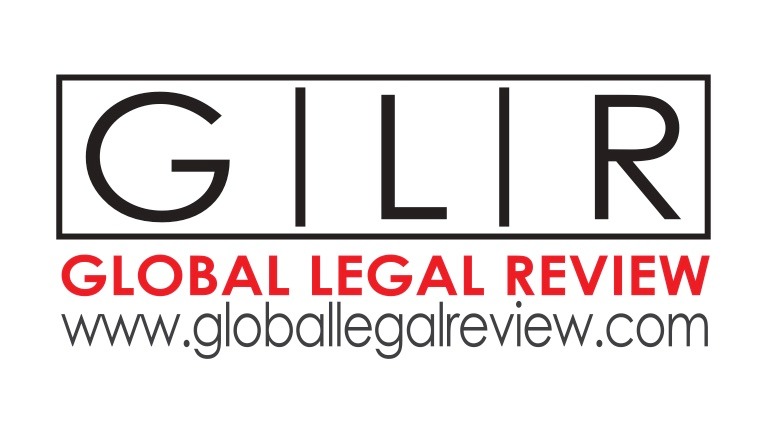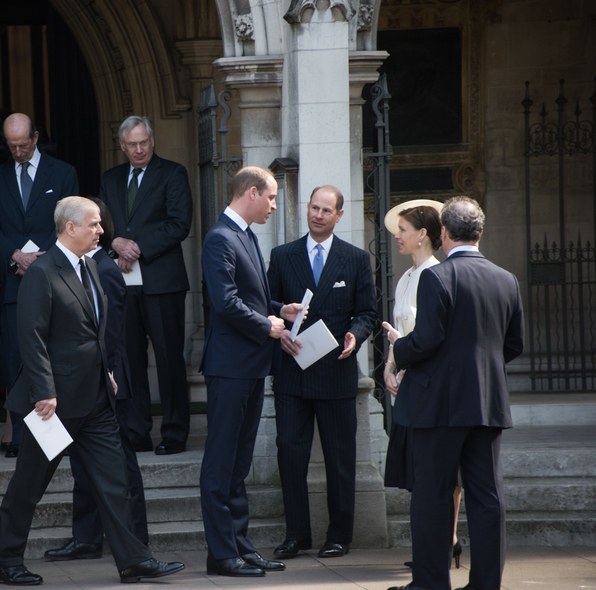It was from the emergence of rule of law that the growth of the power and legitimacy of European states converged than any time in history before. The political development of Europe was incomparable, as evident from their historical context of a very early exit from the tribal society. Europe was equally exceptional in that the foundation of their idea of state was based less on the military power (as a traditional feature of the time), but more on their capability to dispense justice. Initially, the newly formed European states dispensed justice but not the law. Law was entrenched somewhere else, either in the church which drew its legitimacy from the religion or in the tribal customs. The European states in those times would legislate sporadically i.e. formulated new laws, but their legitimacy and authority hinged more on their capacity to fairly implement laws, not essentially of their own making.
The difference between legislation and law is crucial to understand the concept of rule of law. The law can simply be defined as a body of abstract rules of justice that binds a society together. In the medieval societies, the law was considered to be fixed by an authority – higher than any legislator, either by divinity, the nature or by long-established norms. Legislation, on the contrary, refers to what is at present day termed as positive law. Positive law is defined as one of the primary functions of political power i.e. the capability of monarch, chief executive, legislative body or a chieftain to make and implement new laws based on the blend of power and authority[1].
If the pre-existing body of law is held supreme over the new legislation taking place, only then we can say that rule of law does exist in a society. This implies that those who hold political power also feel bound by the law. This does not mean that the individuals holding legislative power cannot formulate new laws, but if they are to work under the rule of law, then they must legislate according to already existing set of rules and not by their own free will.
The early understanding of the law as something fixed either by the divine authority, by some custom or by nature itself implied the law could not be subjected to any change by human agency; however, it ought to be decoded to suit the contemporary circumstances. With the passage of time, the religious authority over law declined and the belief in natural law also lost its ground to some extent in modern times. Consequently, human race came to the understanding that law is something to be formulated by human beings, but only under the stringent set of procedural rules that assures that all adhere to a comprehensive social agreement over basic universal values[2]. The first checks and balances on the powers of executives were not imposed by free elections and democratic legislatures. Rather, they were the outcome of the societies believing that the rulers had to work under the law what so ever. Thus, rule of law and state-building cohabit in a continuous tension.
In this connection, legislation or law-making is conceivably one of the most critical functions a contemporary state ought to perform. It means that the state must formulate rules of the game which all the agents within a society must adhere to. These rules of the game define both the powers of the state and outline the limits to those powers; these also shape the behavior of all the agents living within a particular society and interaction amongst them. If one has to judge the degree of rule of law in any particular society, then the things to look for is to check the extent to which that society is instituted by formal rules and what proportion of the that society actually stick to these rules[3]. The rule of law acts as a binding force between the state and the society. The notion of rule of law is the foundation stone of any contemporary democratic society. For the state to function effectively, it is imperious that there should exist rule of law and all the contracts between different agents of the society should base solely on the principles of law provided by legal framework in that society. The expression of ‘rule of law’ is derivative of a French phrase ‘La Principe de Legality’ (the principle of legality) which in essence means that the legitimacy of the government should be based on principles of law and not on powerful men or dominant coalition. In general, rule of law means that law is supreme and is above all. Not a single person in a particular society is above law of that society and that everyone whether rich or poor should obey law. If we narrow down the concept of rule of law to the modern state functioning, it then infers that the authority of the government and all its concerned bodies can only be executed in line with the written laws, the laws which were legislated through an establish mechanism. At its core, the rule of law is envisioned to act as a shield against subjective arrangements of the government bodies. Rule of law aims at ensuring certainty in all the transactions across societies and limit the powers of those who govern.
Defining rule of law is most difficult task in context of this study, as every society has its own rules of the game and modus operandi to enforce those rules. However, rule of law can comprise of some universal values and principles which are almost same across the globe. The definition of World Justice Project’s (WJP) is most suitable in this regard. The World Justice Project’s conception of rule of law comprises four universal principles. It includes accountability, just laws, open government and accessible and impartial dispute resolution. Accountability means that all the agents of the society should be accountable under the law; whether private actors or government officials. Just laws refer to that laws ought to be clear, just, publicized, stable over time, applied impartially, protect core human rights along with fundamental rights and property. Open government here means that all the processes by which legislations or laws are legislated, administered and enforced should be fair, efficient and there should exist information symmetry about the laws and the process through which these are legislated. Accessible and impartial dispute resolution encompasses the notion that justice be delivered timely by the capable, moral, impartial and independent representatives who can be approached easily, and who have adequate resources and mirror the makeup of the communities they serve.
It is pertinent to understand that rule of law does not say anything about how laws are to be formulated, but it arranges for two basic aspects for the whole framework to govern societies i.e. all the agents in a society must abide by the law and that the laws should be formulated in such a way as to be able to shape the behaviors of the subjects, in a way to bring uniformity and certainty in them. Every society is different, so replicating alien/foreign legal frameworks in another society will not help, but may worsen the situation. Thus, any society should be free to choose its own legal framework and mechanisms in line with basic aforementioned principles to ensure rule of law within its domain.
[1] Hoffmann, S. (1988). Political Thought and Political Thinkers. Chicago: University of Chicago Press.
[2] Fukuyama, F. (2011). The Origins of Political Order. London: Profile Books.
[3] Ashraf Ghani, C. L. (2009). Fixing Failed States: A Framework for Rebuilding a Fractured World. New York: Oxford University Press.












